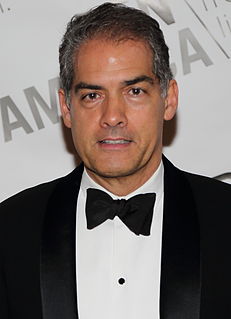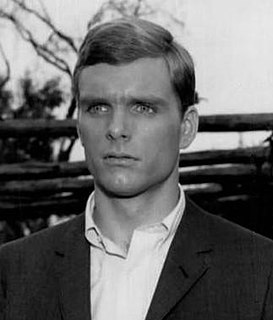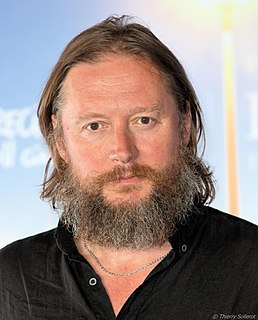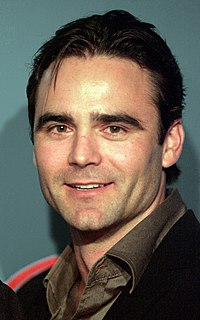A Quote by Carol Drinkwater
My first job after drama school was with Stanley Kubrick. It was only a few lines in 'A Clockwork Orange', but I was working with a master of cinema.
Related Quotes
At age 12 I had an obsession with Kubrick's A Clockwork Orange and then proceeded to watch all the other Kubrick films I could including a doc called Stanley Kubrick: A Life in Pictures in which it was revealed to me that he started as a photographer...I got a camera sometime shortly after, but spent many years just photographing flowers in my neighborhood.
It's so hard to do anything that doesn't owe some kind of debt to what Stanley Kubrick did with music in movies. Inevitably, you're going to end up doing something that he's probably already done before. It always seem like we're falling behind whatever he came up with. "Singin' in the Rain" (1952) in "A Clockwork Orange" (1971) - that was the first time I became so aware of music in movies. So no matter how hard you try to do something new, you're always following behind.
I remember hearing a good story about Jack Nicholson working with Stanley Kubrick on The Shining [1980]. Nicholson was saying that, as an actor, you always want to try to make things real. And believable. When he was working with Kubrick, he finished a take and said, "I feel like that was real." And Kubrick said, "Yes, it's real, but it's not interesting".
I like the idea of the audience absorbing the language and getting to understand it as they journey through the film. It starts off being more obscure, but you get used to it. A 'Clockwork Orange' thing. I read 'Clockwork Orange' without any vocabulary, and I got to understand the words as I went through it. I like that process. It immerses you.
When I was a kid and I was being introduced to science fiction by watching movies with my Dad, Kubrick is one of those guys that we used to watch, you know, I watched Clockwork Orange at an age that was incredibly inappropriate, but he sat there with me and he explained what was going on and you know, I came to appreciate it even if I was terrified at the time.



































